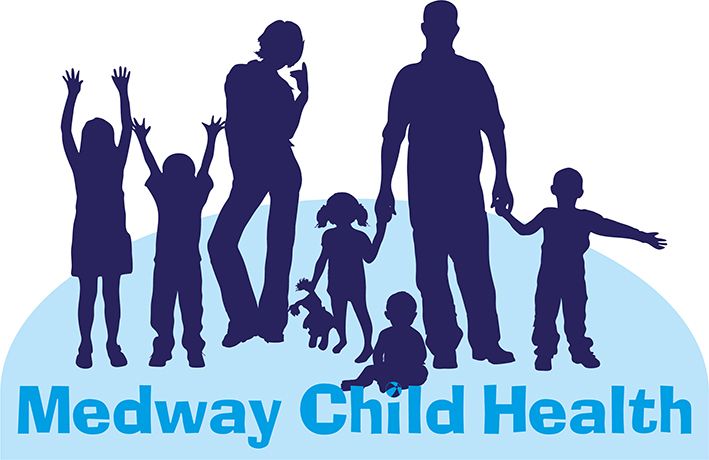Wellbeing at The Howard School
At The Howard School, we believe that positive wellbeing is fundamental to every aspect of student success. It contributes to improved physical, mental, and social health, and underpins strong academic and personal outcomes.
As a Gold Rights Respecting School, we place great value on the wellbeing of every pupil throughout their time with us. We firmly believe that a happy student is a successful student.
We recognise that individual needs can vary, and at times, students may require additional support. To ensure every pupil receives the right help when needed, our wellbeing provision is structured through a three-tiered model of support — offering universal, targeted, and specialist interventions.
Once a student has been identified as requiring or requesting support, they may access a range of therapeutic programmes and wellbeing interventions, tailored to their specific needs.
Within the school, we employ a dedicated team of professionals responsible for leading and developing our SEND, Safeguarding, and Health, Wellbeing, and Therapeutic strategy and provision.
We also have Base Rooms, which are used for:
- Academic tuition and personalised learning
- Support with reading and numeracy
- SEN, EAL, and therapeutic interventions
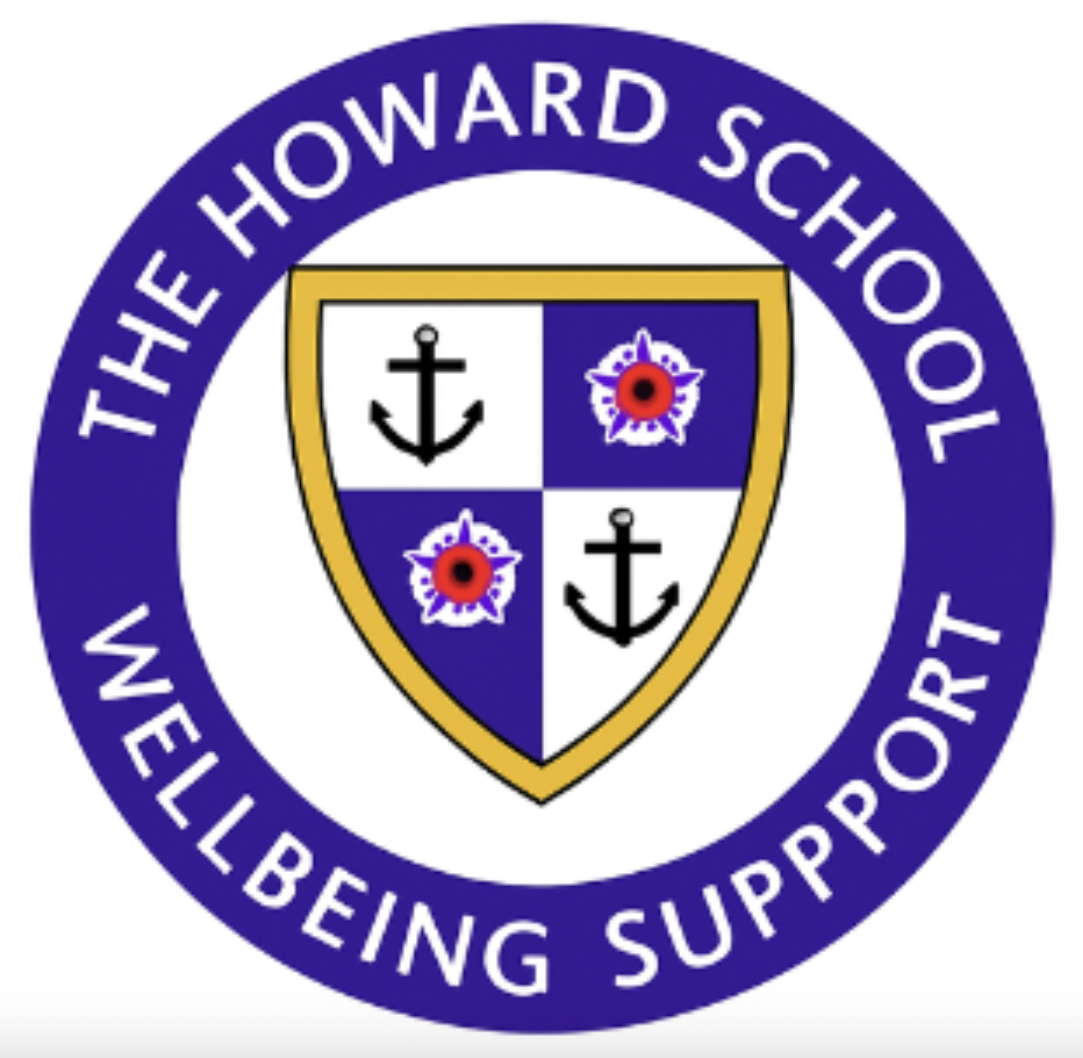
Support Systems
Universal Everyday Support
- Year Team Support
- Pastoral Support
- Rewards Programme (Golden Tickets, Stamps, 100% Club)
- Personal Development Programme including assembly programme with a wide variety of guest speakers
- Character Education Programme
- Student Leadership
- Aspire Programme
- Ascent Programme
- PE Lessons to be physically active
- Diversity Club
Support and Wellbeing
- Staff Mentors
- Sixth Form Reading Programme
- Pastoral Care - Safe Space
- Pastoral Support Officer Key Person
- Kooth
- Mental Health Champions Day
- RSE Support
- LORIC Monitoring
- Peer Mentor/Buddy
- Parent/Carer Support
- School Police Officer
Specialist Support
- Specialist Referrals from Outside agency/organisations
- Alumina Support Programme
- Mental Health First Aid Plan
- School Nurse
Requesting Support
Students can request support in several ways. If you need help or are worried about yourself or someone else, you can speak to any member of staff, including:
- Your Form Tutor
- Your Year Team (Head of Year or Deputy Head of Year)
- The Senior Head of Year
- Pastoral Staff
- The Safeguarding Team
- The Senior Leadership Team
You can also reach out confidentially by:
- Clicking the “Tell Us” button on the school website
- Posting a “Tell Us” card in the Pastoral Office Postbox
No matter how big or small the concern, support is always available — we are here to listen and help.
Support Services
| Agency | Contact Details | Information |
|---|---|---|
|
Visit kooth.com and sign up for the text based conversation with a qualified counsellor. Counsellors are available from 12 noon to 10pm on a weekday and 6pm to 10pm at weekends. |
Kooth is a service which provides support with well-being and resilience. Kooth is a web based confidential support service available to 11-18 year olds who are going through a hard time. Kooth provides a safe and secure means of accessing mental health and well-being support. This is designed specifically for young people. | |
|
|
Telephone: 0800 1111 |
To access a counsellor, they are there to listen and support you with anything you’d like to talk about. Or you can have a 1-2- counselling chat online. You can discuss anything you like from a disclosure of pregnancy, being a victim of bullying, feeling low and struggling with sleep patterns; to mental health issues, or general low mood. |
|
Telephone: 116123 (24 hours a day, 365 days a year |
Encourages children and adults to talk about their own mental health needs and provides top tips for managing mental health during crisis. | |
|
Text ‘YM’ to: 85258 |
Text YoungMinds Crisis Messenger, for free 24/7 support across the UK if you are experiencing a mental health crisis. It also provides support and guidance for parents/carers to help support their children with managing their mental health. | |
|
Telephone: 08088 081677 |
This is a service which offers support, advice and information to children, young people and adults when someone dies. They provide tips to help yourself, or as a parent; how you can support your child. There are video links which explain the grieving process so children/ adults understand each stage of grief. | |
|
Helpline: 0800 02 888 40 |
Child Bereavement UK works to provide support to families of children who have lost a loved one. | |
| Talk Grief | Talk Grief is a dedicated online space for grieving teenagers and young adults (13 to 25), powered by the childhood bereavement charity Winston’s Wish. Here you can learn from other young grieving people, find healthy ways to cope and feel less alone. You’ll find out what it’s really like to live with grief from teenagers and young adults, along with advice and tips on managing your grief from our bereavement experts. | |
| Chums | CHUMS offer specialist bereavement support to children and young people from 31/2 up until their 26th birthday in Kent and Medway. | |
| The Compassionate Friends | The Compassionate Friends (TCF) is a charitable organisation of bereaved parents, siblings and grandparents dedicated to the support and care of other similarly bereaved family members who have suffered the death of a child or children from a month old and from any cause. | |
| Mood Spark | A space created by young people for young people to help navigate and learn about emotions. | |
| Be you Project | The BeYou team offer support, a safe, welcoming and inclusive space where LGBTQ+ young people can meet, socialise and find the support they need. Everyone is welcome whether you're lesbian, gay, bisexual, trans, queer or questioning your sexual or gender identity, or you know someone who may need support or advice. | |
| The Mix | The Mix is the UK’s leading support service for young people. We are here to help you take on any challenge you’re facing - from mental health to money, from homelessness to finding a job, from break-ups to drugs. Talk to us via our online community, on social or our counselling service. | |
|
Telephone: 0800 58 58 58 |
This service provides a space to talk and practical advice from professionals. Helpline is available from 5pm - midnight. | |
| Kidscape | Kidscape is an award-winning charity that offers practical help with bullying. | |
|
Email: mscp@medway.gov.uk |
The MSCP is committed to safeguarding and promoting the welfare of all children in Medway. Medway Council, Kent Police and NHS Kent and Medway are the tree safeguarding partners that make up the MSCP. | |
| Brook Sexual behaviours Traffic Light Tool | This tool categorises sexual behaviours into green, orange and red light categories and gives examples for different age groups. This helps you to make consistent and informed decisions and have meaningful conversations about appropriate sexual behaviours. | |
|
Website: www.nationaldahelpline.org.uk |
The National Domestic and Abuse Helpline is for women and children who are exposed to domestic violence. This allows you the option to seek help, support and advice. In an emergency, please call 999. | |
| Barnardos | Working with children and young people to be safe, happy, healthy and hopeful. | |
| Shout | If you are struggling to cope and need to talk, our trained Shout Volunteers are here for you. To start a conversation, text the word ‘Shout’ to 85258 | |
|
Email: YP-Medway@openroad.org.uk |
A free and confidential service to support young people from the age of 10-18 who are affected or are experiencing issues with drugs and/or alcohol. | |
| Talk to Frank | Honest information about drugs. | |
|
Clover Street - Medway Sexual Health Hub Phone: 0300 123 1678 |
Free STI testing and sexual health advice. |
Helpful Resources/Apps
| Resources | |
|---|---|
| Clear Fear App | This app encourages you to learn to reduce the physical response to threat. It uses a Cognitive Behavioural Therapy (CBT) framework to help change anxious thoughts and emotions, alter anxious behaviours, and calm fear responses. |
| The Categories Game Grounding Exercise | This is a categories game that can be used for grounding and calming down in moments of anxiety, during times of feeling disconnected from surroundings, or to help you sleep. |
| Grounding Worksheet | This is a worksheet listing 3 ways you could use to ground yourself; mental, physical and soothing grounding. |
| Breathing Exercises Sheet | A Document with a list of breathing exercises to try when you’re feeling anxious, angry or overwhelmed. |
| Low Mood App | This app uses the evidence-based treatment, Behavioural Activation Therapy, to help you improve your mood by encouraging you to increase your motivation to carry out a variety of tasks in order to help you move forward, take control and feel positive. |
| Waking Up Refreshed: Tips for Better Mornings | Anxiety and depression can negatively impact sleep. This worksheet provides research-backed solutions to make mornings better, featuring 10 tips to help you wake up feeling good. The information can help you learn how to have a better night sleep, get moving in the morning, and make mornings more pleasant. |
| Teen Sleep Hub | Information and resources on getting better sleep. |
| NHS Inform | This self-help guide is intended for people with mild-to-moderate symptoms of social anxiety. |
Online Safety
| Online Safety | Contact Details | Information |
|---|---|---|
|
If you’re worried about a child, even if you’re unsure, contact our professional counsellors for help, advice and support. |
This provides useful resources for parents /carers on social networks, apps. This site also supports with online safety | |
| Education from the National Crime Agency | This is an educational programme from NCA-CEOP, a UK organisation which protects children both online and offline for different age groups and supports parents. | |
| Childnet | Childnet has produced a Parent and Carer Toolkit which is a collection of three resources designed to help you talk to your child about their online life, manage boundaries around family internet use and point you in the direction of where to get further help and support. | |
| The National College | Courses and resources for a range of things including online safety. | |
| TikTok | NOS advice leaflet for Parents and Carers | |
| YouTube | NOS advice leaflet for Parents and Carers | |
| Apple Guided Access | NOS advice leaflet for Parents and Carers | |
| Snapchat | NOS advice leaflet for Parents and Carers | |
| Netflix | NOS advice leaflet for Parents and Carers |
Parent Support
| Support | Website Link | Information |
|---|---|---|
|
|
Medway Child Health for Parents | Parental guidance for discussing topics around health and wellbeing with your child |
Pastoral Structure
At The Howard School, every student is supported by a strong and experienced Pastoral Team dedicated to ensuring their wellbeing, safety, and success.
Every student is supported through:
- Form Tutor – The first point of daily contact and support for each student.
- Head of Year & Deputy Head of Year – Provide leadership, guidance, and oversight for all students within the year group.
- Senior Head – Offers additional pastoral support and ensures consistency across all year groups.
- Pastoral Office Team – Provides daily operational and welfare support, ensuring every student feels safe, valued, and cared for.
Staff
| Senior Heads of Year | |
|---|---|
| Key Stage 3 | Mr J Knights |
| Key Stage 4 | Mr N Longe |
| Year Teams | |
|---|---|
| Sixth Form | Mr Loftus & Mr Julian |
| Year 11 | Mr Murphy & Ms Harwood |
| Year 10 | Mr Doe & Ms Salter |
| Year 9 | Mr Jaiyeoba & Mrs Diddams |
| Year 8 | Mr Flack & Miss Dyer |
| Year 7 | Mr Michelsen & Miss Wears |
| Pastoral Team | |
|---|---|
| Pastoral Manager/DDSL | Ms Tracey McComas |
| AENCO | Mrs Joanne D'Amiral |
| SEN Administrative Assistant | Mrs Charlotte Wright |
| Pastoral Support Officer/First Aid Lead | Miss Jen Pease |
| Attendance Officer | Ms Marie Gravells |
| Pastoral Support Officer/Safeguarding Officer | Mrs Sophie Keegan |
| Pastoral Support Officer | Mrs Sarah Evans |
| Pastoral Support Officer | Mrs Elaine Pasfield |
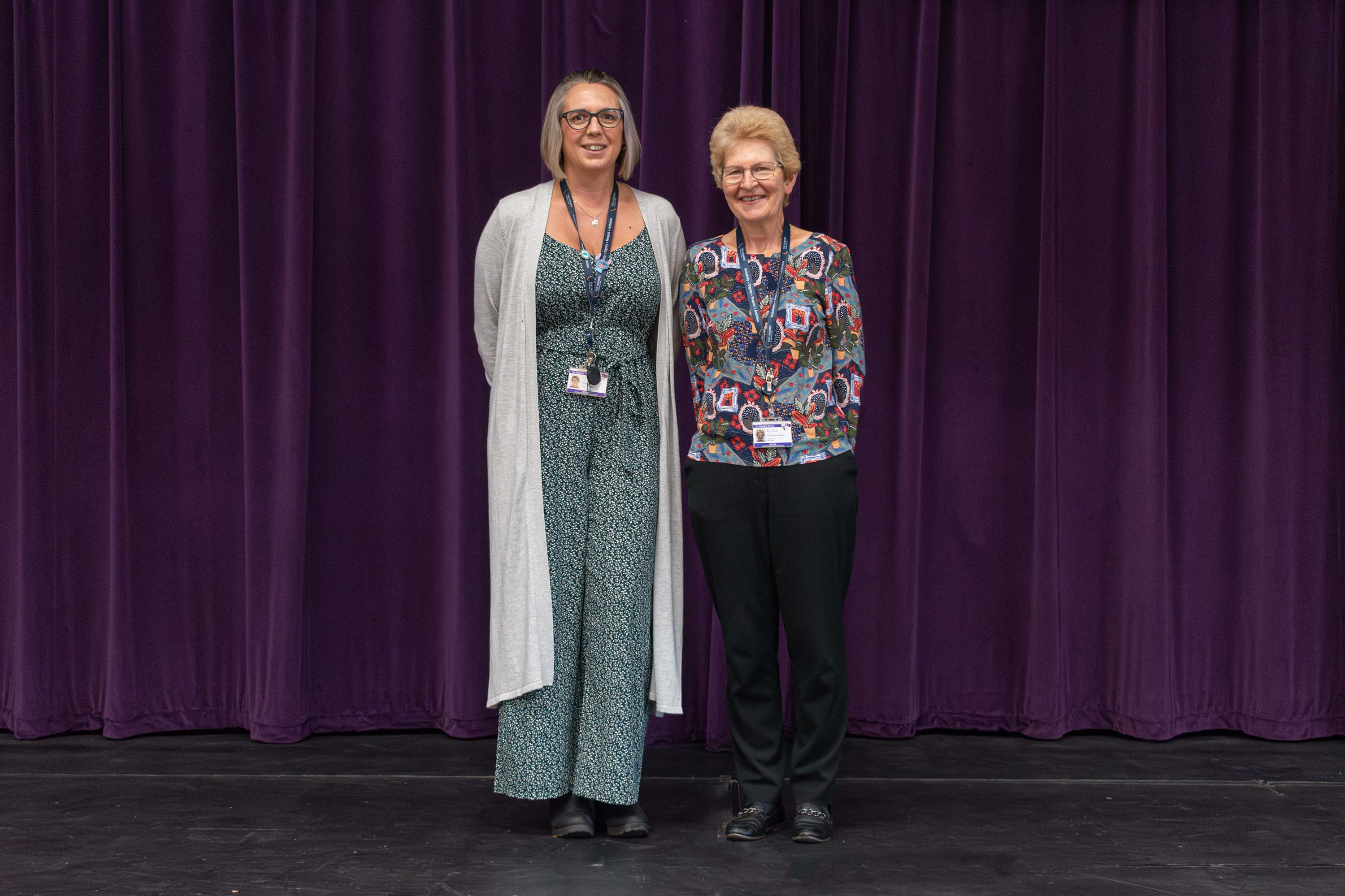
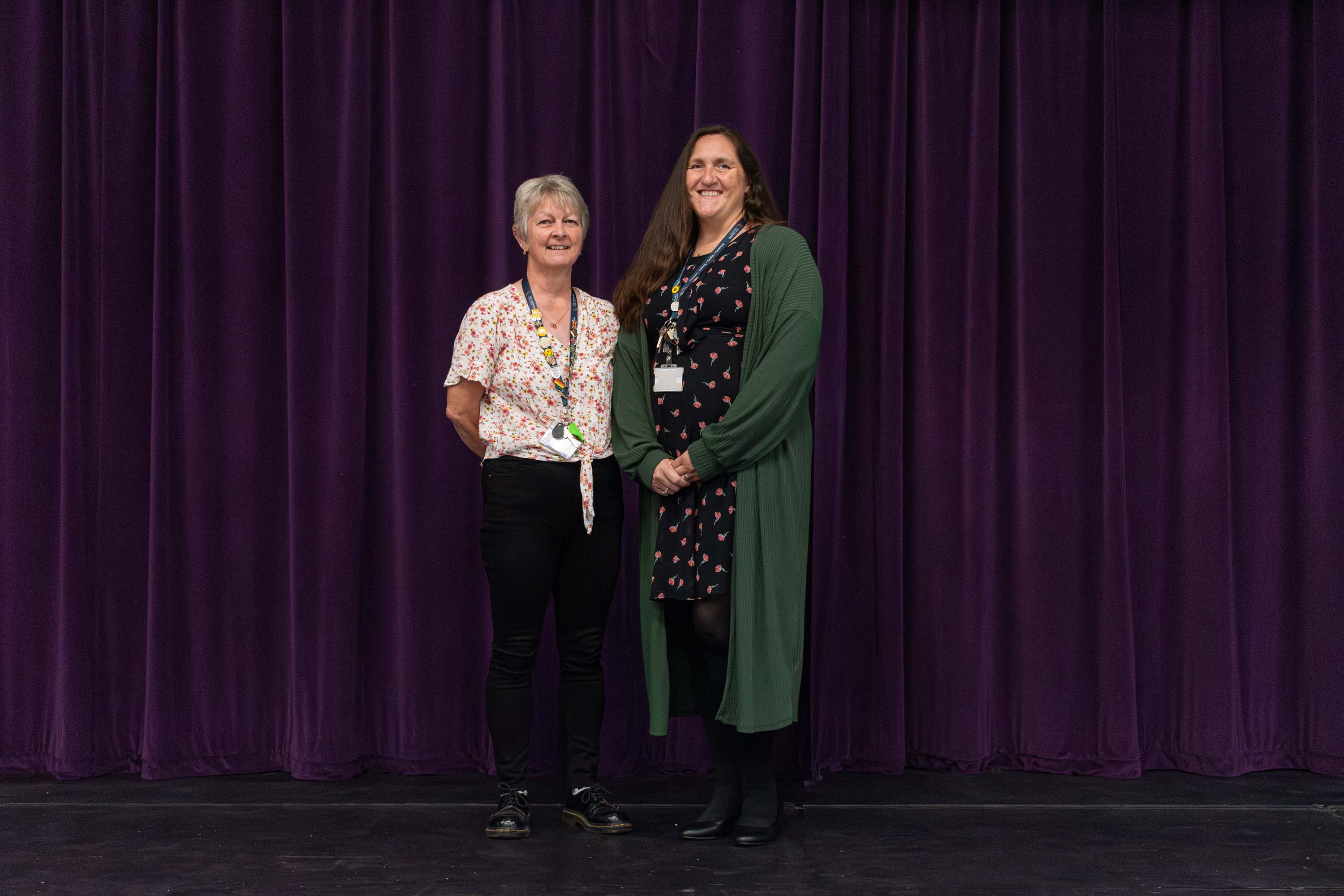
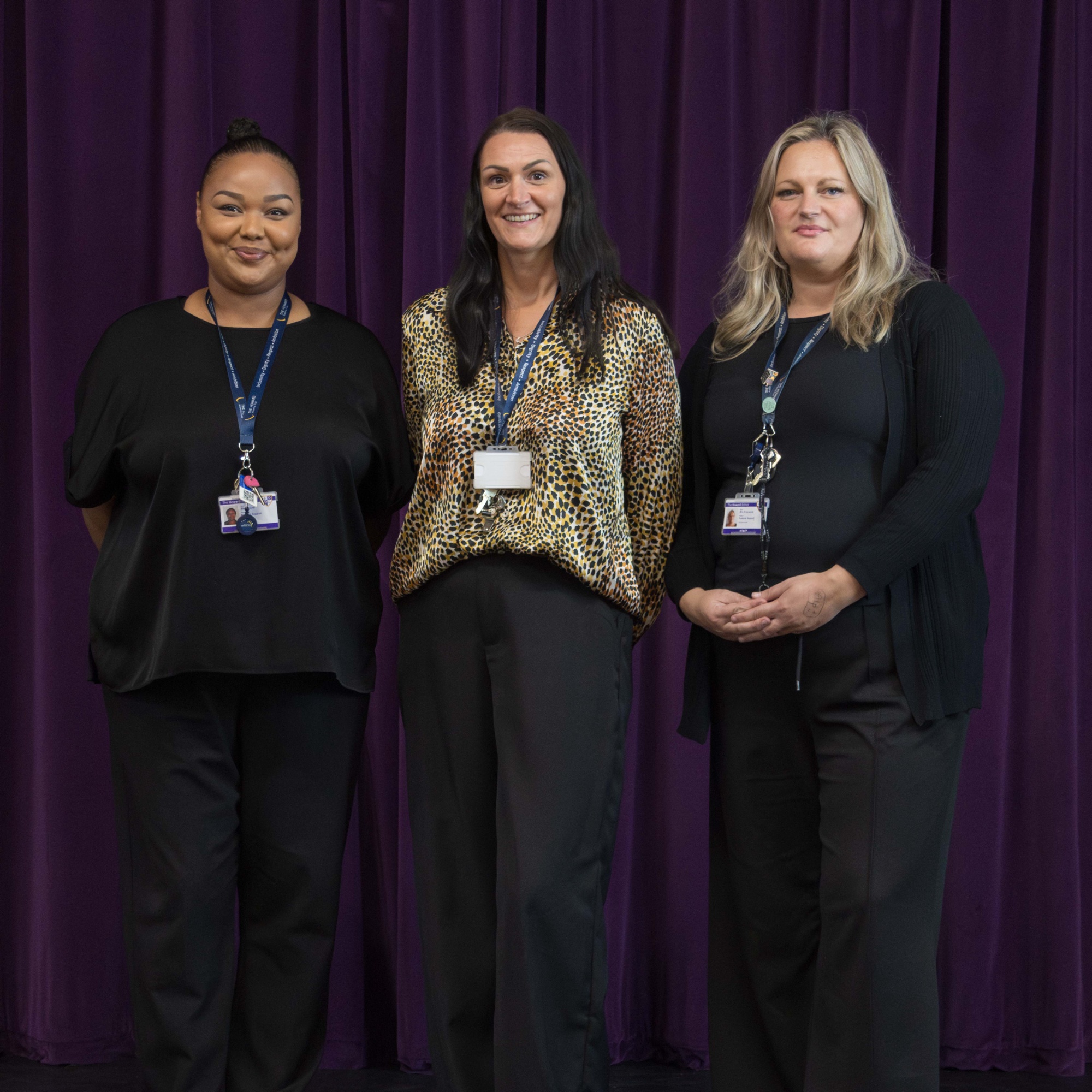
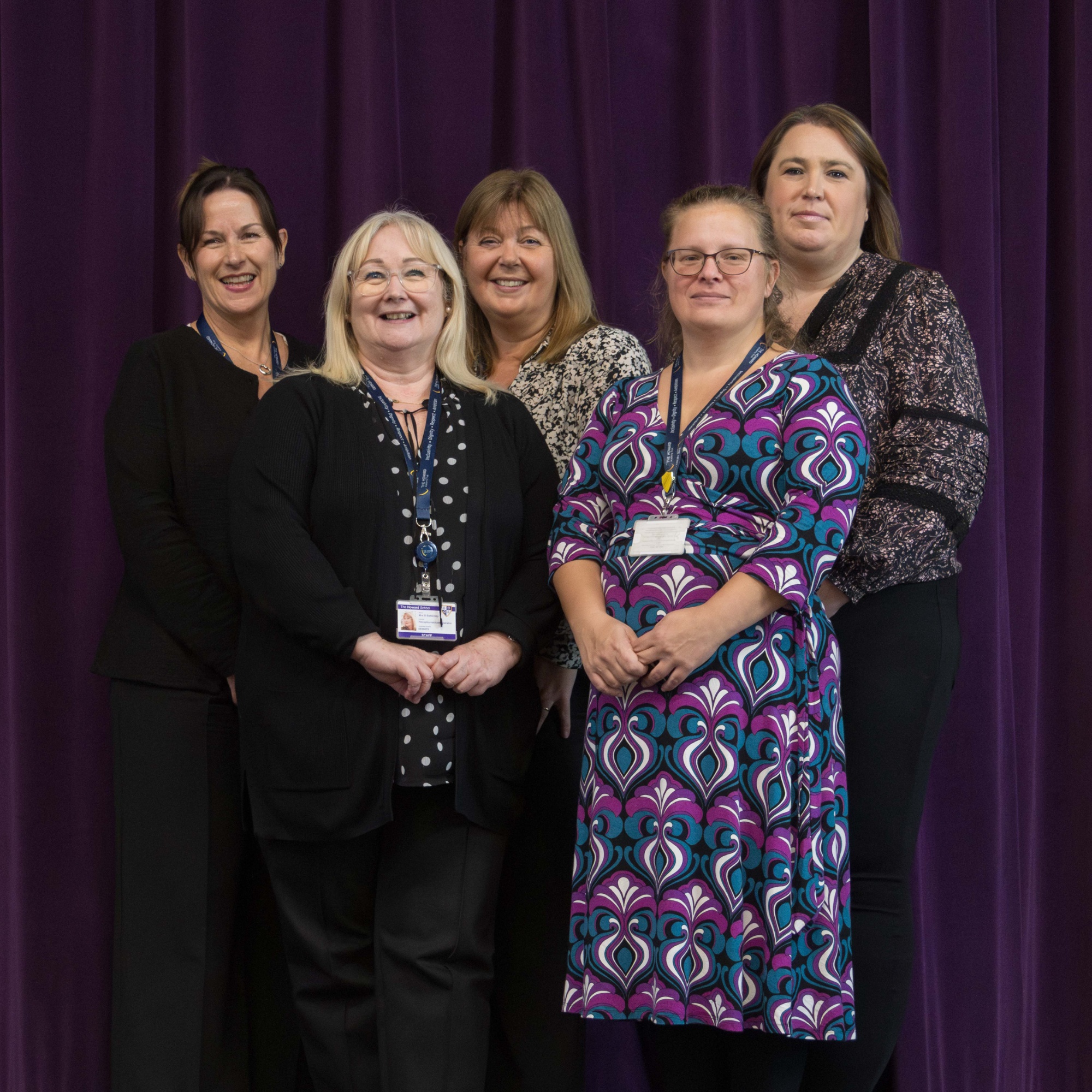
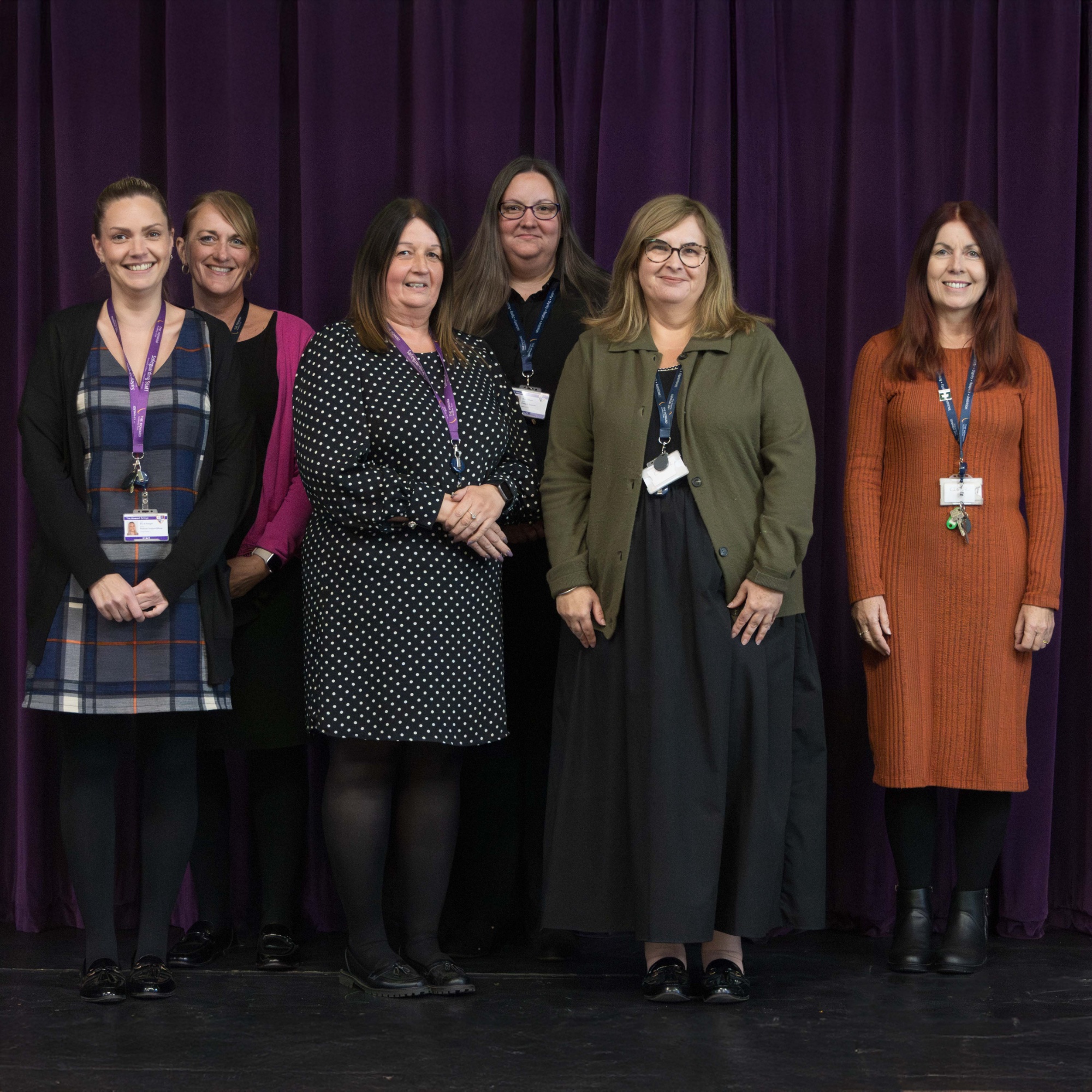
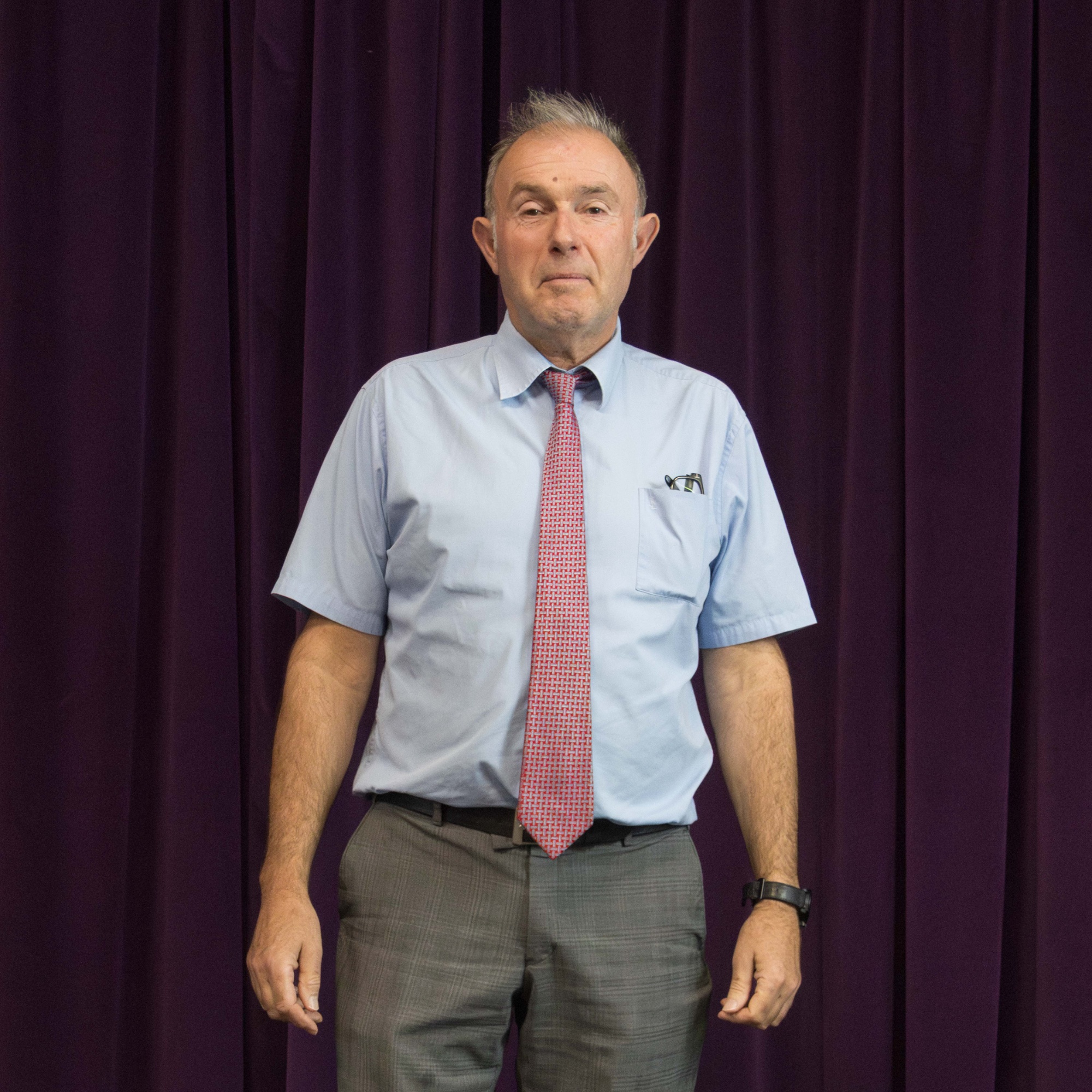
Use Of Bicycles
Any students who want to park their bike on site need to understand their responsibilities of riding to school and parking the bike on site. Students must act safely at all times if you bring your bike to school and must not ride your bike until you pass the school exit points.
Students who do not fully dismount their bike will receive a C5 correction. If they repeat this a 3rd time, their Bike permission will be taken away and they will no longer be allowed to park their bike on school grounds.
We place the safety of our students of the utmost importance and this is the reason we insist that they must wear their cycling helmet to school.
Students park their bikes at their own risk both in school and out of school.
Anti-Bullying
The Howard School believes that all students, whatever their race, culture, gender, faith, sexual orientation, physical or intellectual abilities have the right to:
- a safe and secure environment at school and on the way to and from school
- concentrate on their educational progress without fearing others
We promote an environment which teaches students respect for others and where all members of the school are encouraged to contribute to a caring and effective atmosphere.
All students are encouraged to speak to a member of staff if they are being made to feel uncomfortable at school or if they witness this happening to others. Please make sure that you or your child lets us know if there is a problem that is making them unhappy. Bullying cannot be dealt with if the school is unaware of the problem.
Different forms of bullying
Bullying is defined as the repetitive, intentional hurting of one person or group by another person or group, where the relationship involves an imbalance of power. Bullying can be physical, verbal or psychological. It can happen face-to-face or online.
The School recognises that bullying can take many different forms. The three main types are:
Physical: hitting, kicking, taking another’s belongings without permission
Verbal: name calling, insulting, offensive language, racist, homophobic or sexual remarks
Psychological: spreading unkind rumours, inciting others to be cruel or encouraging others to overtly isolate and ignore the individual, sending malicious messages through the use of social media
Racial harassment, homophobia or other contraventions of the Equality Act are treated as very serious incidents of bullying and may be reported as a Hate crime.
Dealing with incidents
All incidents are treated seriously by staff and referred to the Head of Year as soon as possible. This can be by you or by your child. Following on from this, the year team will action the following points:
- Written statements are taken from all students involved
- Both the ‘child who has been harmed’ and the ‘child who has caused harm’ are made aware that the school views any instance of bullying very seriously
- It is imperative that the child who has been harmed is supported and is given help
- Every effort must be made to resolve the situation immediately. Where appropriate, ‘child who has been harmed’ and ‘child who has caused harm’ should be brought together to discuss the incident
- Follow up procedures should check that the bullying has not resumed
- Sanctions must be clear, consistent and appropriate to the seriousness of the incident
- Where the bullying takes place outside of the school site (including cyberbullying) then the school will ensure that the concern is investigated and that appropriate action is taken in accordance with the schools behaviour policy.
- When investigating a fight, it is important to identify whether it has arisen through bullying. If a student has been severely provoked, this must be taken into account when dealing with the incident. If both parties have been provoked by third parties, it is important to identify the provocateur(s) and deal with them appropriately. N.B. We must never give the impression that we condone retaliation, although we should treat incidents of this nature sensitively
Daily Pastoral Routines
Morning and Afternoon Line-Ups
Morning and Afternoon Line-Ups provide a clear and consistent structure to the start and end of each school day. During these times, Year Team staff engage with students to ensure they are fully prepared for learning, while also taking the opportunity to signpost support, reinforce key wellbeing messages, and promote positive routines.
At the end of the day, Line-Ups allow staff to reconnect with students, offer guidance, and identify any further support needs, ensuring every pupil ends their day feeling supported and ready for the next.
Morning Meetings
Each morning (Mon - Thurs), students take part in year-group meetings designed to ensure they are ready for the day ahead and that wellbeing checks are completed before lessons begin.
These meetings include access to the Form Tutor, Head and Deputy Head of Year, and are attended by Senior and Pastoral Staff.
Staff use these sessions to reinforce positive routines and highlight available support.
Form Time
Each afternoon, students spend time with their Form Tutor in their form class, ensuring their wellbeing is monitored throughout the day. During these sessions, the Personal Development Curriculum is delivered, and specialist guest speakers may present assemblies on more specific topics.
Our Universal Offer provides students with access to a comprehensive Personal Development curriculum which includes Personal, Social, and Health Education (PSHE), Relationships and Sex Education (RSE), and our engaging Cultural Capital Programme.
Lunch Duties
Year team staff are always present during lunch to supervise, support, and welfare check students, ensuring a safe, inclusive, and positive environment throughout the school day.
Communication with Parents and Carers
The Form Tutor, Head of Year, and Deputy Head of Year are the main points of contact for students and their families. They maintain regular communication to discuss academic progress, wellbeing, and any concerns.
Parents and carers are encouraged to reach out directly to these staff members with any questions, updates, or worries regarding their child.
Pastoral Office Support
The Pastoral Office is available for students to access welfare support at key points throughout the school day. Staff are highly skilled and experienced, providing assistance with a wide range of concerns, including safeguarding, behaviour, and attendance.
This dedicated and safe space ensures that students always have access to trusted adults who can offer guidance, reassurance, and practical support whenever it is needed.
Mental Health First Aid
Mental Health Lead: Mrs J Deakin (Alumina trained)
Mental Health First Aiders: Mrs R Harwood, Mrs C Diddams & Miss S Dyer
Mental Health First Aid sessions are available to all students, helping them learn how to take care of their own mental health and manage difficult situations. These sessions provide students with practical skills to handle stress, anxiety, and other mental health challenges, giving them the confidence and tools to feel supported.
We also offer emergency Mental Health First Aid sessions for students experiencing a particularly difficult time, ensuring they can access immediate support when needed.
These sessions are designed to make sure students feel safe, understood, and equipped to take care of themselves during challenging moments.
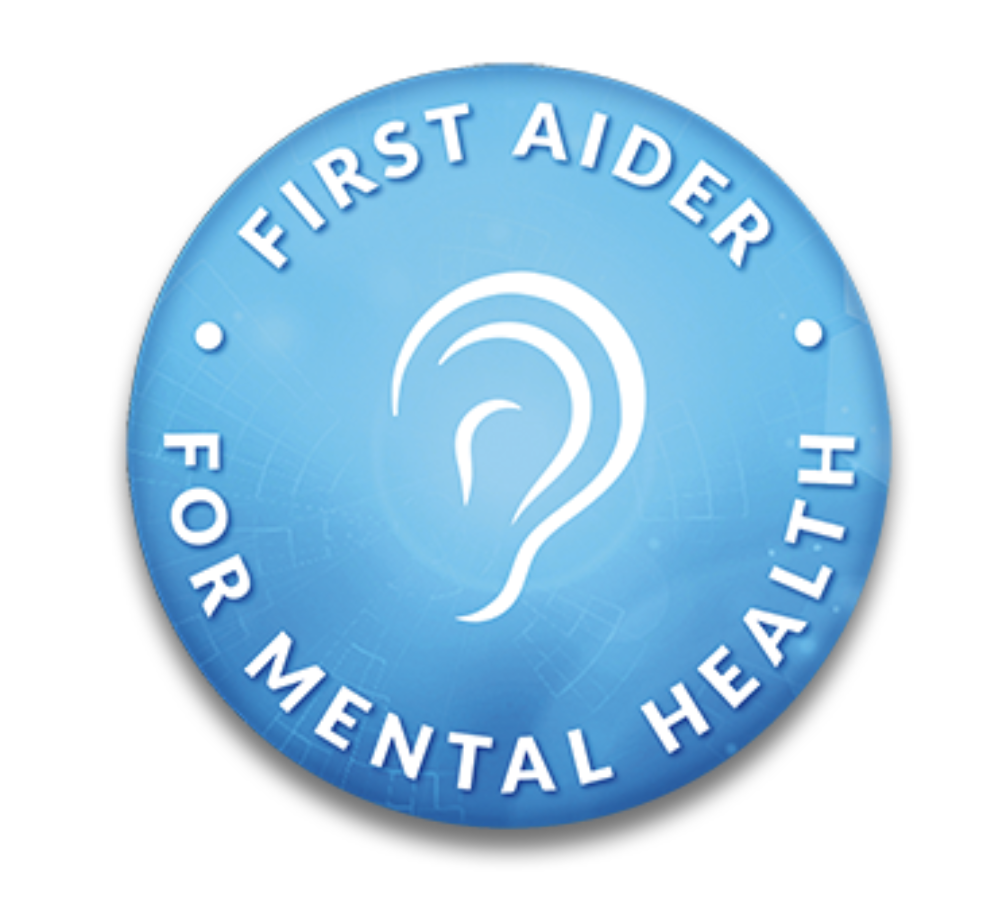
Outside Agencies
The Howard School works with a range of external agencies to provide specialist support for students experiencing trauma or crisis. These agencies offer expert guidance and interventions to ensure our students get the support they need.
Agencies
Agencies we work with include, but are not limited to:
- MIND – Mental health support and resources
- NELFT – NHS mental health services for children and young people
- KCS Counselling – Professional counselling services
- Bereavement Support – Guidance for students coping with loss
- School Nurse – Health advice and support
- Youth Service – Support and activities for young people
- Medway & Kent Police – Safeguarding and safety support
- Kooth (Medway) – Online counselling and wellbeing platform
- Open Road – Substance misuse and support services
- Hygiene Bank - https://thehygienebank.com/
These partnerships ensure that students can access the right specialist support at the right time, complementing the school’s pastoral and wellbeing provision.
Hygiene Bank
The Howard School are a proud partner of The Hygiene Bank. The Howard School stocks essential hygiene and toiletry products that are freely available. Requests are dealt with discreetly and confidentially, just complete the form with the products that you need and we will contact you when they are ready to be collected.
Young Carers
At The Howard School, we recognise the important role Young Carers play within their families and the extra responsibilities this can bring. We are committed to supporting young carers to ensure their wellbeing and educational engagement.
Definition: A Young Carer is a child under 18 who regularly provides care for a family member or friend who is ill, disabled, or struggling with mental health issues or addiction.
The nature and extent of care can vary depending on the illness or disability, the level of care required, and family circumstances. Young carers often take on both practical and emotional responsibilities that would typically be expected of an adult. These may include:
- Shopping, cooking, and cleaning
- Managing medicines or finances
- Providing personal care
- Helping someone leave the house
- Monitoring someone’s wellbeing
- Providing emotional support
Many young carers remain unidentified, which means they may not receive the support they need. A young carer may become vulnerable if their responsibilities negatively affect their emotional or physical health, educational progress, or future opportunities. Early identification is therefore essential to provide effective support.
Support Contact: safeguarding@thehowardschool.co.uk
Mentoring (Staff & Peer)
Mentoring at The Howard School provides students with guidance, encouragement, and support to help them thrive academically, socially, and personally. Mentoring aims to:
- Build confidence and self-esteem
- Develop positive relationships
- Promote positive behaviour and attitudes
- Enhance communication and social skills
- Support students in managing transitions or changes
- Help students achieve their personal and academic goals
Mentoring is delivered through both staff and peer mentors, providing students with a network of support and role models to help them navigate challenges and celebrate successes.
The Base
The Base is a welcoming space dedicated to supporting students’ social, emotional, and mental wellbeing. Students can be referred to The Base, where they have access to a range of sessions and resources designed to help them manage emotions, build resilience, and enhance overall mental health.
Support at The Base may include:
- Small group academic interventions at KS3 (reading & numeracy)
- EHCP interventions
- Social Skills
The Base provides a safe and inclusive environment where students can feel heard, supported, and empowered.


